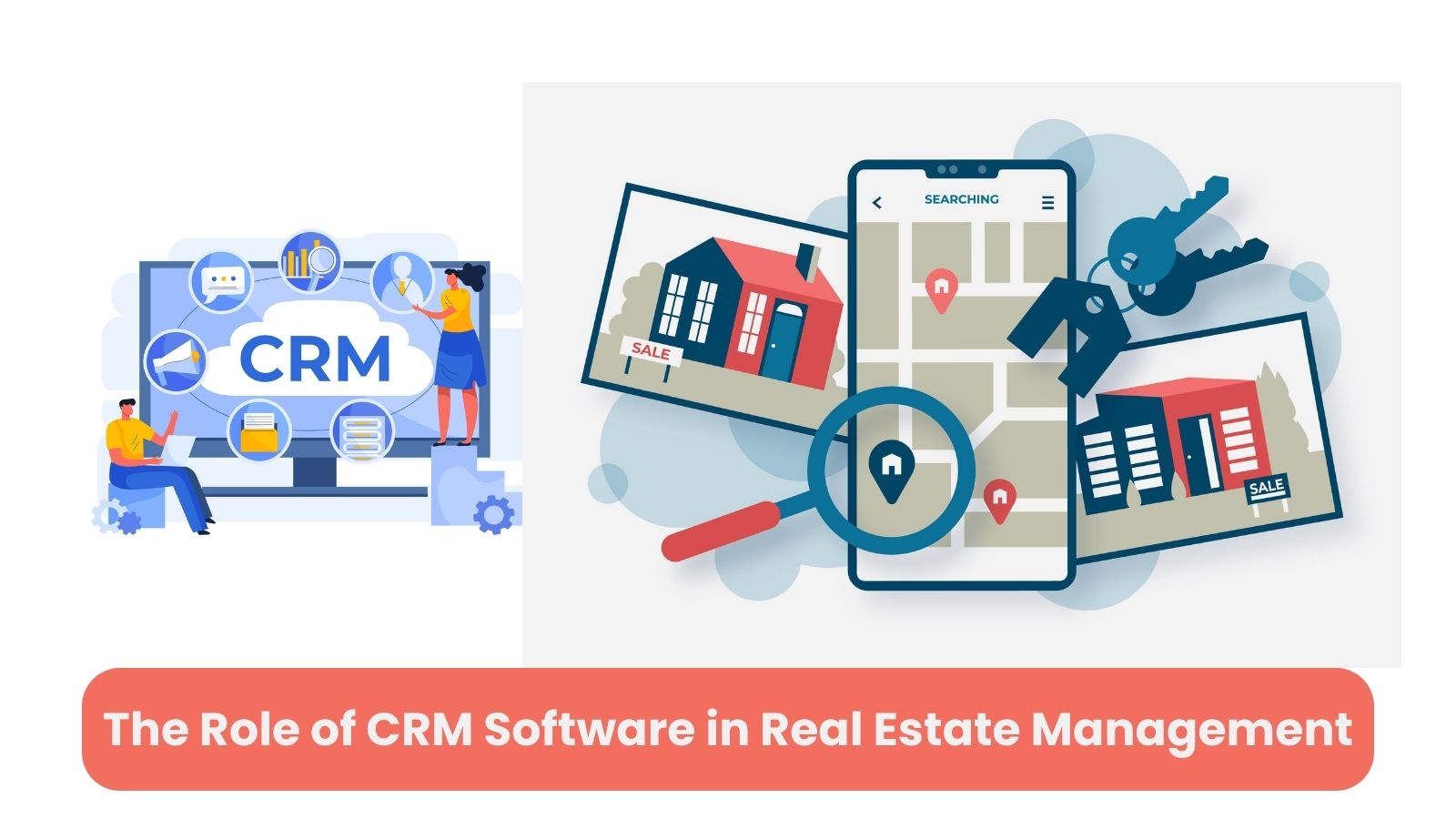
CRM software has emerged as a game-changer. As the industry becomes increasingly competitive, real estate professionals are turning to technology to streamline their processes and enhance customer experiences. CRM, or Customer Relationship Management, refers to a system designed to manage an organization's interactions with current and future customers. In the context of real estate, CRM software is tailored to meet the specific needs of property professionals. It serves as a centralized hub for managing client data, communication, and transactions. Efficiently organize and manage client information, including contact details, preferences, and transaction history. Capture and track leads from various sources, ensuring no potential opportunity slips through the cracks. Facilitate seamless communication through integrated email, messaging, and even social media platforms, allowing agents to stay connected with clients effortlessly. Monitor the progress of property transactions, from listing to closing, ensuring a smooth and transparent process. Streamline routine tasks such as sending follow-up emails, appointment reminders, and updates, saving time and reducing the chance of human error. One of the key advantages of CRM software in real estate is its ability to enable personalized interactions. By consolidating client information and preferences, agents can tailor their communication and marketing efforts, providing a more individualized experience for each client. This personal touch goes a long way in building trust and loyalty, crucial factors in the competitive real estate market. CRM software ensures that no lead is left unattended. Automated follow-up reminders prompt agents to reach out to clients at strategic points in the buying or selling process. This not only demonstrates professionalism but also keeps the client engaged, increasing the likelihood of a successful transaction. Effective communication is the cornerstone of successful real estate transactions. CRM software streamlines communication by centralizing all client-related interactions. Agents can access a comprehensive history of communications, making it easier to pick up where they left off and provide timely and relevant information. The real estate industry involves a multitude of tasks, from managing listings to coordinating property showings. CRM software streamlines these processes by providing a centralized platform where agents can manage their tasks efficiently. This results in time savings and a reduction in administrative overhead. In a data-driven era, access to insights is crucial for making informed decisions. CRM software in real estate collects and analyzes data on client interactions, market trends, and agent performance. This wealth of information empowers real estate professionals to make strategic decisions that can positively impact their business. As real estate businesses grow, the need for scalable solutions becomes apparent. CRM software is designed to grow with the business, accommodating an increasing volume of clients, leads, and transactions without compromising efficiency. This scalability ensures that the software remains a valuable asset as the business expands. CRM software provides analytics tools that allow real estate professionals to track and measure their performance. From conversion rates to response times, these metrics offer valuable insights into what strategies are working and where improvements can be made. For any business investment, measuring the ROI is crucial. CRM software enables real estate professionals to quantify the impact of their efforts. By tracking the source of leads, conversion rates, and transaction values, agents can determine the effectiveness of their marketing and sales strategies. Adopting new technology can be met with resistance, especially in industries where traditional methods have long been the norm. Real estate professionals may initially be hesitant to embrace CRM software, fearing a steep learning curve. However, effective training and highlighting the tangible benefits can help overcome this resistance. With numerous CRM options available, selecting the right software can be a daunting task. Agents must consider factors such as ease of use, scalability, and integration capabilities. A thorough evaluation of the available options ensures that the chosen CRM aligns with the unique needs of the real estate business. In the dynamic world of real estate, where relationships and timely actions are paramount, CRM software emerges as a powerful ally. From managing contacts to enhancing customer experiences and boosting operational efficiency, the benefits of CRM in real estate are manifold. As the industry continues to evolve, embracing technology becomes not just a choice but a necessity for those looking to thrive in the competitive landscape.
This blog delves into the significant role CRM software plays in real estate management, exploring its features, benefits, and the transformative impact it has on the way real estate is conducted.Understanding CRM Software
What is CRM Software?
Features of CRM Software in Real Estate
1) Contact Management:
2) Lead Management:
3) Communication Tools:
4) Transaction Management:
5) Automation:
Enhancing Customer Experiences
(1) Personalized Interactions:
(2) Timely Follow-Ups:
(3) Improved Communication:
Boosting Operational Efficiency
1) Streamlined Processes:
2) Data-Driven Decision Making:
3) Scalability:
Measuring Success with Analytics
1) Performance Metrics:
2) Return on Investment (ROI):
Overcoming Challenges with CRM
Choosing the Right CRM
Conclusion
The right CRM software is not merely a tool; it's a strategic investment that can redefine how real estate professionals connect, communicate, and succeed in the modern market.
Are you ready to revolutionize your real estate business? Contact us or email us at sales@iihglobal.com for CRM software development services tailored to your project's needs.








